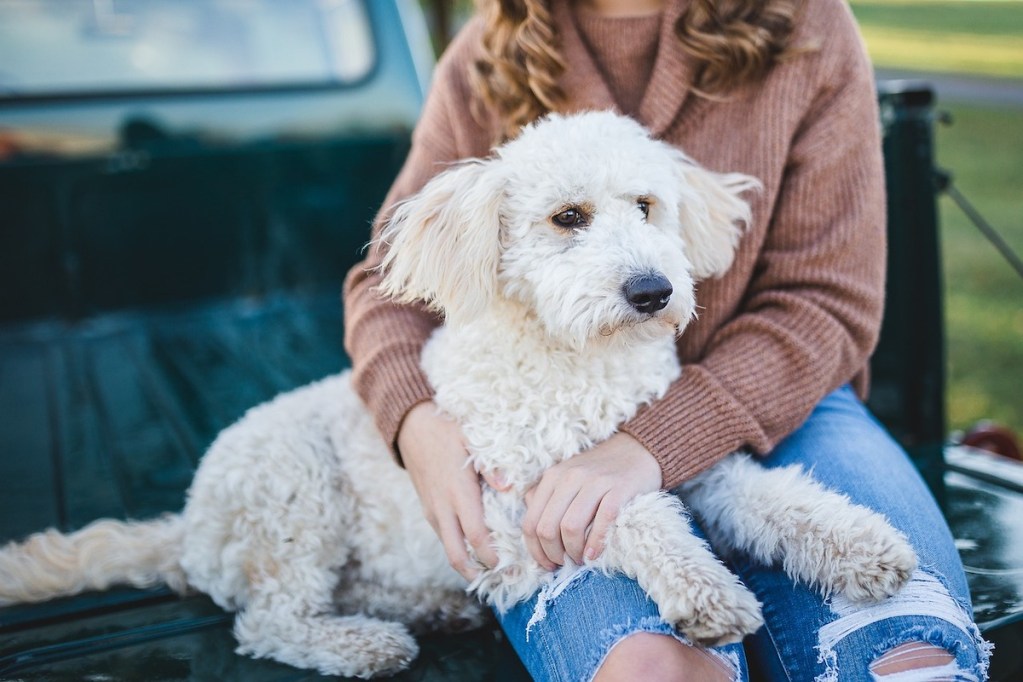
Picking out the perfect pooch involves a lot more heart than science — you know the right one the second you see her. But when you choose a dog breed, you should consider a number of factors, including the animal’s health and life expectancy, along with other factors, such as size and temperament. After all, you need a pup that fits into your lifestyle and that sticks around with you for a long time. Here’s a list of the top five dog breeds with the least health issues.
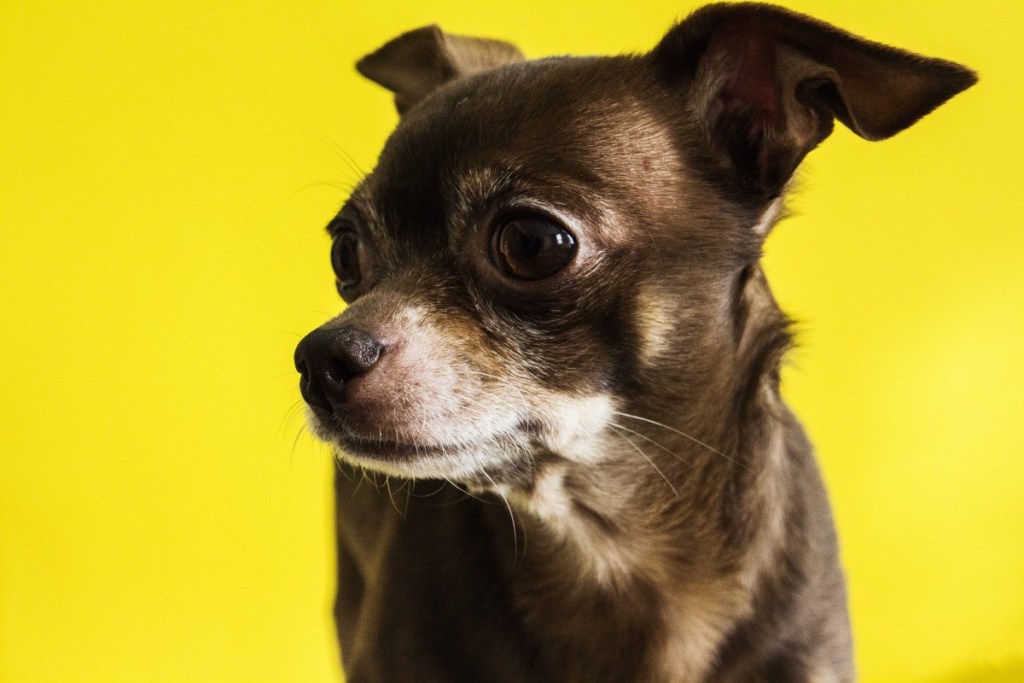
What breed of dogs has the least health problems
Chihuahua
We’re coming with this one out of the gate, because it’s the longest-living breed on average. They routinely make it to 20 and nearly always hit the teenage years if properly cared for. Chihuahuas generally have few health issues, though they can be prone to bad teeth, loose knees, and trachea problems like other small dogs. And don’t make the mistake that your tiny fluffer doesn’t need exercise: She will quickly become obese if not given enough walks and playtime.
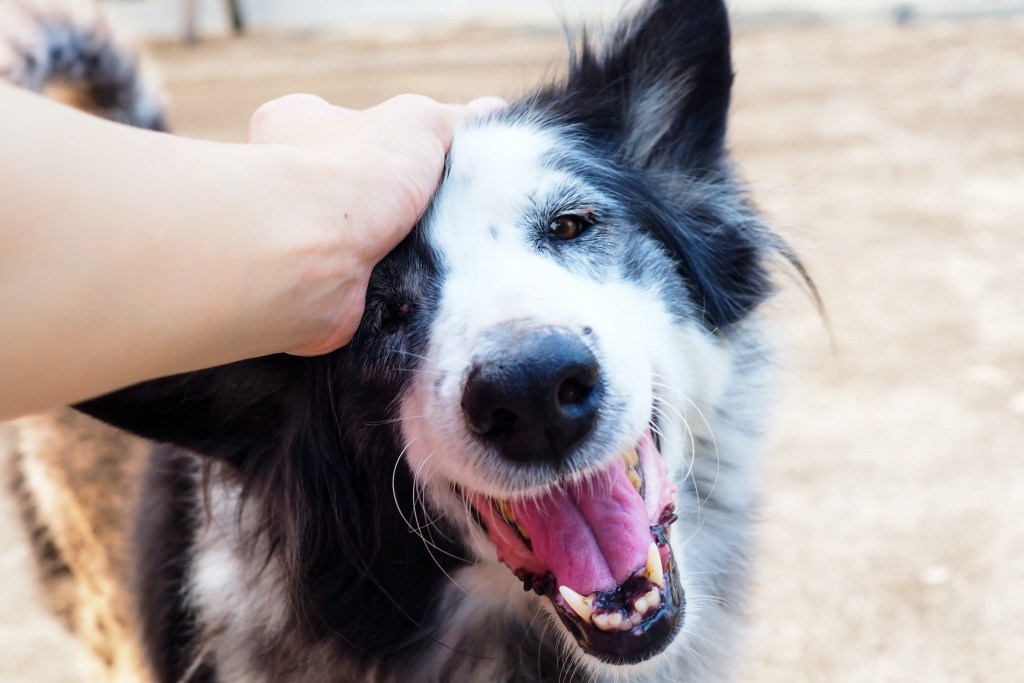
Australian cattle dog
Sticking with the Guinness Book, the longest dog ever recorded was an Australian cattle dog named Bluey, who made it to 29! While the average age for the breed is much lower, this type comes from hardy stock. DNA testing is recommended, but you mostly need to keep track of your pet’s eyes and ears throughout her life.

Poodle
Problems with allergies? You’re in luck. In addition to being better for your health, the poodle comes with relatively few conditions of her own. Be particularly attentive to her joints and watch for hip dysplasia, plus keep your eye on optical issues. Because they’re so well bred, you could have your poodle for well over a decade.
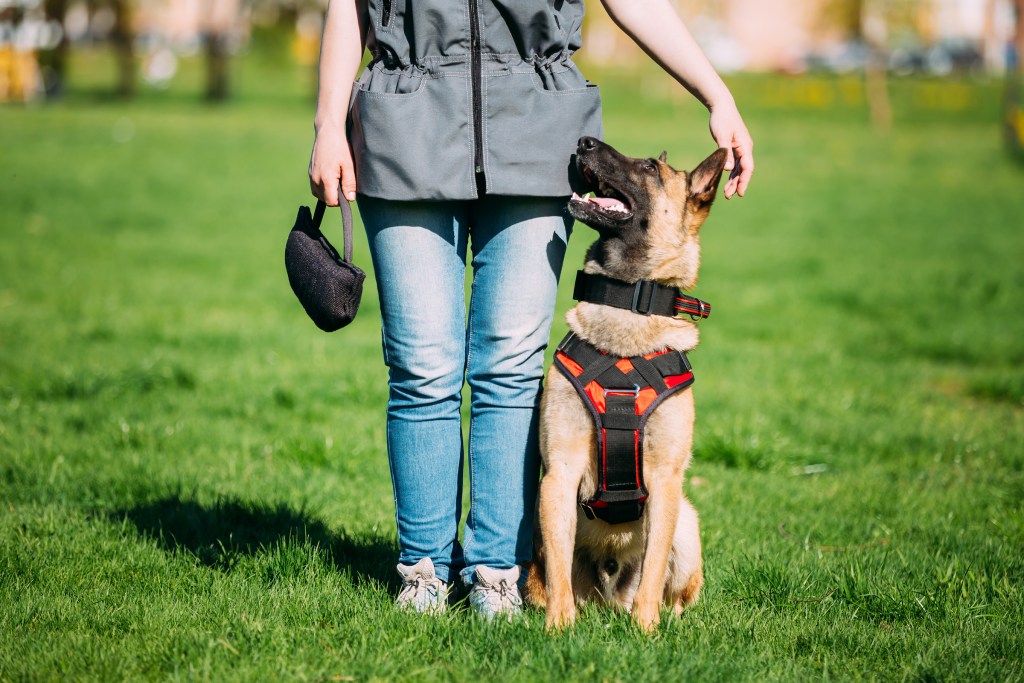
Belgian Malinois
These beasties also make healthy animals because they’re bred so carefully. When selecting your Malinois, do your research as a dishonest breeder might not take the proper precautions and you could end up with an ill pup. Keep up with teeth brushing and ear cleaning to head off any problems in those areas.
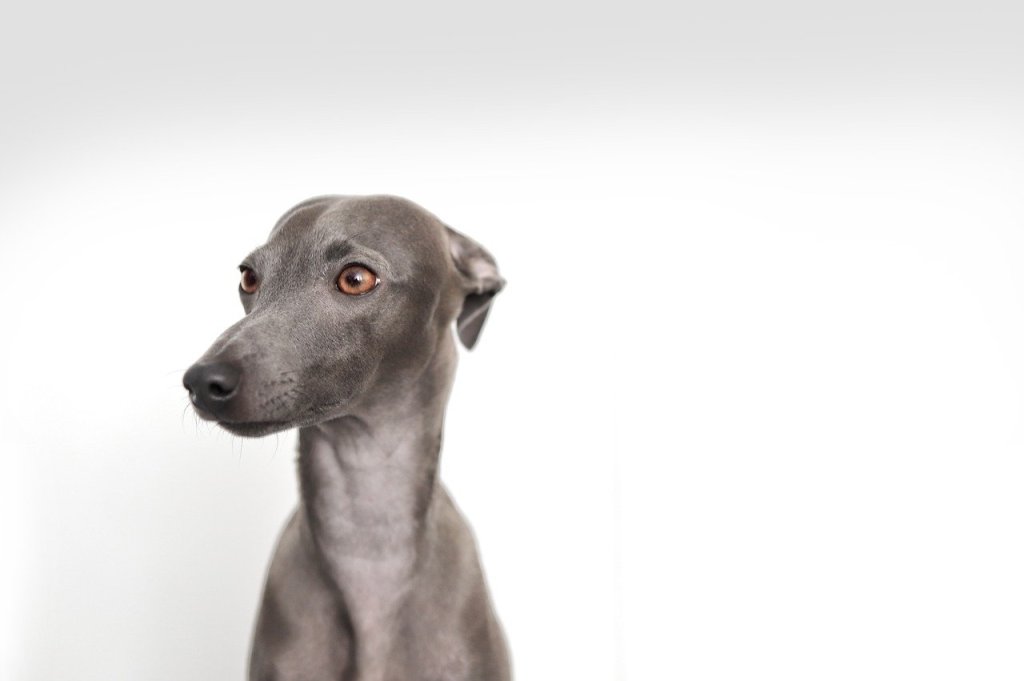
Greyhound
We’re rounding out our list with the greyhound. You’ll want to keep an eye out for bloat, but otherwise, you should have a happy and long-lasting Fido. Before you bring her home, ensure her parents were tested for Greyhound Polyneuropathy — a good breeder will have already taken care of this.

What dog breed has the most health conditions?
We’re getting this out of the way up front: There are a few dog breeds known for having particularly bad health issues. Large dogs frequently suffer from hip problems, especially hip dysplasia. They also generally live much shorter life spans than their smaller counterparts, with the French mastiff often living the shortest amount of time (and clocking in at over 100 pounds).
On the flip side, some smaller breeds, such as the dachshund, can develop back problems and shouldn’t use stairs in their later years. Lastly, bulldogs are regarded by some as the dogs with the greatest health challenges — only get one if you’re prepared to take extra special care of them.
Remember that finding a healthy animal doesn’t end with picking the right breed. Research your future companion, making sure that breeding is being done ethically and both parents and babies are well cared for. Then look for any obvious signs of distress when you meet your potential puppy: limping, coughing, droopy or runny eyes, and weight issues. Lastly, it’s up to you to take good care of your furry friend by providing a balanced diet, going for regular checkups, and giving her proper exercise. In following those best practices and choosing a dog with the least health problems, you’re all but guaranteed to have a best friend for years to come.



